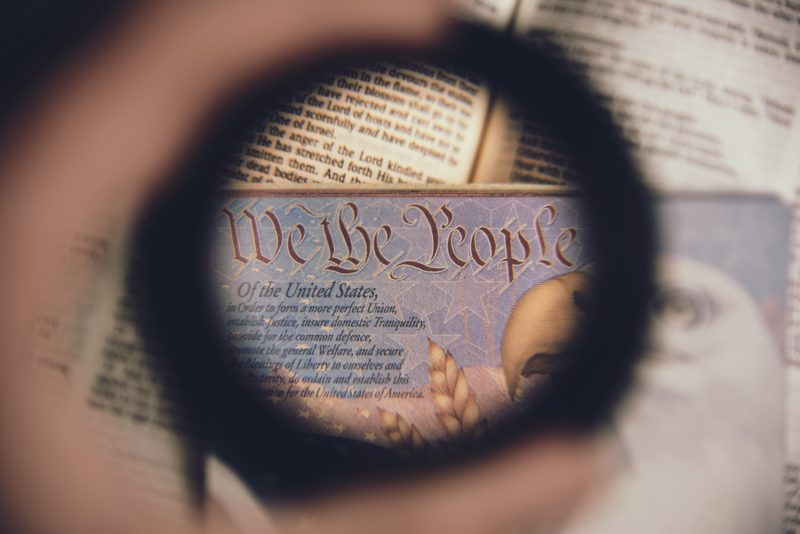Ronald Reagan’s Racist Comments: A Response
In recent days, Ronald Reagan’s racist comments about Tanzanian delegates to the United Nations have come to light. Since Ronald Reagan is the namesake of one of the ten Houses at King's, this revelation touches the King's community in a personal way.

In recent days, Ronald Reagan’s racist comments about Tanzanian delegates to the United Nations have come to light. Since Ronald Reagan is the namesake of one of the ten Houses at King’s, this revelation touches the King’s community in a personal way. The King’s College is grateful for the thoughtful conversations that alumni, students, and parents in our community are conducting about Reagan’s reprehensible statements.
- The College is very disappointed and grieved by this revelation. Reagan’s comments to Richard Nixon are patently racist. As such, there is no excuse or warrant for them. To echo what Ronald Reagan’s daughter, Patti Davis, said about her father’s comments: “There is no defense, no rationalization, no suitable explanation for what my father said on that taped phone conversation.” We also grieve any angst this may cause for minority students in the King’s community.
- The College categorically disavows such sentiments and statements. As stated in the College’s Theological Commitment to Diversity, “We recognize, grieve, and repent of the myriad ways our words and actions—both intentional and unintentional—have served to denigrate, dehumanize, and marginalize members of our own community.”
- We understand that Reagan’s comments have unique bearing on the King’s community in that Ronald Reagan is a House Namesake. Namesakes were selected by students 15 years ago because they embodied certain ideals that students wanted to manifest in their respective Houses. It goes without saying that this behavior falls far short of Kingsian ideals and values; we expect more from our House Namesakes.
- We approach this latest revelation with a degree of realism. Humans, including those we hail as national heroes, are fallen individuals who inevitably disappoint us in various ways. As Aleksandr Solzhenitsyn observed, “the line separating good and evil passes not through states, nor between classes, nor between political parties either–but right through every human heart… This line shifts. Inside us, it oscillates with the years. And even within hearts overwhelmed by evil, one small bridgehead of good is retained. And even in the best of all hearts, there remains … an un-uprooted small corner of evil.”
- The higher up on a pedestal we place human heroes, the more we are prone to be disappointed. All of our House namesakes, and our national icons, said or did things that fall short. This in no way excuses their behavior; where they fall short, we must not blithely overlook these, but acknowledge and reckon with those failures.
- During the 2019-2020 academic year, the College is undertaking a review of our 10 House namesakes to evaluate whether the current namesakes should continue to serve the King’s community in this prominent way. This review was proposed during the Spring 2019 discussions that gave rise to the College’s Theological Commitment to Diversity (prior to the public release of the Nixon tapes), and will commence Fall 2019. (The College’s Theological Commitment to Diversity is a working internal document, which had been approved to be vetted by various constituents of the College on this article’s publication date. The official statement is a work in progress and has not yet been confirmed for individual publication by the President’s Cabinet.)
- The College remains committed to building Christ-centered community that celebrates ethnic and cultural differences. As emphasized in the College’s Theological Commitment to Diversity, “We strive to build a welcoming Christ-centered community marked by deference for one another, respect for all, and celebration of difference rooted in God’s creation and in culture… We aspire to be a community that invites critique of one another’s uncharitable language, stereotypes, and behaviors so that we can readjust accordingly.”
An earlier version of this article did not state that the Theological Commitment to Diversity is a working internal document. Point 6 of this article was edited on October 9, 2019 to add this clarification.




